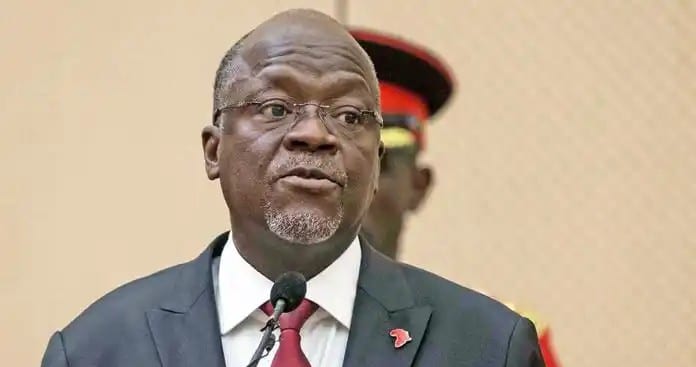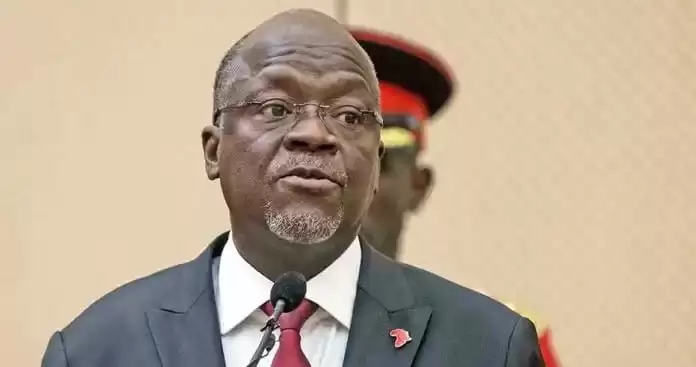

Last updated on September 11th, 2021 at 02:48 pm
Tanzanian President Magufuli’s response to the Covid-19 pandemic bears many of the hallmarks of his leadership to date—but magnified.
As has proved true elsewhere, the crisis has cast the status quo in a new—and sharper—light.
The Tanzanian government at first seemed poised for concerted and timely action against the virus spread.
As the first cases were being reported, schools were closed, football suspended, and ‘unnecessary meetings’ discouraged. But following that initial set of interventions, the government messaging became more confused, and in the eyes of many, disturbing.
President Magufuli played a significant role in this. He discouraged mass gatherings while himself convening crowded rallies.
He later isolated himself in his home area of Chato even while declaring there was no need for Tanzania to implement lockdown measures. Magufuli’s reticence to go ahead with a lockdown stems from concerns about its efficacy and economic cost, both of which may be well-founded fears.
However, rather than argue this case outright, the President has reverted to another trademark feature of his leadership—suppression of information, in this case seemingly to conceal the full extent of the virus’s spread.
For nearly a month, the government has not released official statistics about the number of Covid-19 cases in Tanzania.
The government halted all updates after Magufuli claimed that results issued by the National Laboratory were faulty, ordered a criminal investigation into tests and suspended the laboratory’s directory.
Meanwhile, information leaked from Zanzibar about the rate of infection there suggests that the total number of cases on the isle is higher than that officially reported by the Tanzanian government for the country as a whole.
Finding clarity in this situation is all the more difficult as Tanzania’s draconian Statistics Act prevents any third party from publishing information about cases to complement—or likely raise questions about—the government’s official data.
(pesidentialpower)
The Somali president supports their military forces to eliminate the threats from Al-Shabaab, ISIS, and Al-Qaeda. The Somali National Army…
UAE President Sheikh Mohamed bin Zayed Al Nahyan held talks with President Faustin Archange Touadéra of the Central African Republic…
African football teams struggle intensely in the World Cup Qualification rounds to earn their place on the international football stage.…
The journey toward the 2026 FIFA World Cup is rapidly intensifying for all African teams, who now hold a historical…
The cricket authority in Zimbabwe will organize matches between top international teams in a major cricket event expected to succeed…
In 2025 the South African Social Security Agency (SASSA) announced its designated dates for social grant payments that benefits millions…
This website uses cookies.